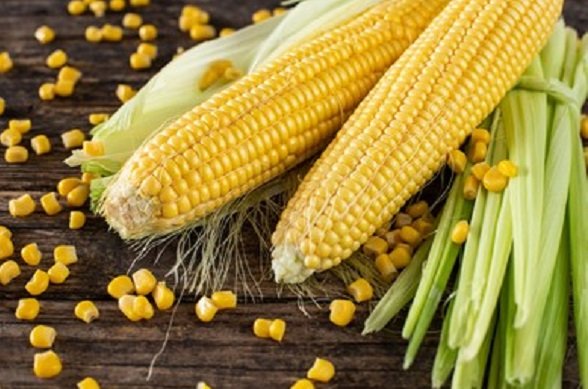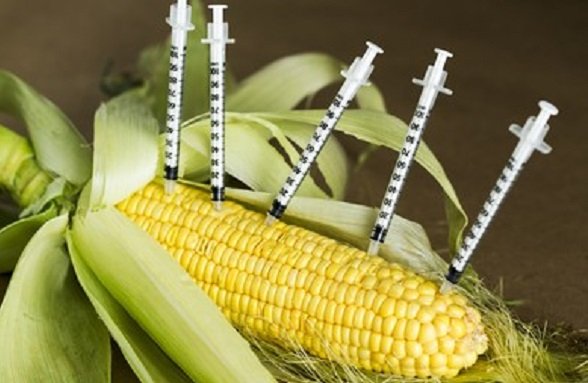Argus acquires US sustainable agriculture pricing provider, Mercaris
The Mercaris team will accelerate the development of Argus agriculture pricing and analytics in the Americas, and open up opportunities in biofuels and other agricultural inputs
Energy and commodity price reporting agency Argus has acquired Mercaris, the leading provider of sustainable agriculture prices and analytics in the US.
Mercaris’ price assessments, analytics and forecasts for organic and non-GMO (non-genetically modified) agriculture cover organic corn, soybeans, soybean meal, wheat and other small grains, plus non-GMO corn and soybeans, as well as organic dairy markets. Its price assessments for cash crops of organic soybeans and corn adhere to the IOSCO Principles for Price Reporting Agencies and are used as the basis for physical and over-the-counter options contracts.
Besides price assessments, Mercaris provides acreage estimates, supply/demand analysis, and facilities density mapping to customers across the agriculture supply chain in the US. These include farmers, processors and retailers alongside government entities, financial and agricultural inputs companies.
The addition of the Mercaris team will accelerate the development of Argus agriculture pricing and analytics in the Americas, and open up opportunities in biofuels and other agricultural inputs.
Adrian Binks, Argus Media chairman and chief executive said, “We are pleased to further expand Argus agriculture capabilities in the Americas. The development of sustainable agriculture is critical as the world embraces the transition to net zero. The integration of Mercaris into Argus will allow us to scale our offering and provide valuable new market transparency.”
Kellee James, founder and chief executive of Mercaris added, “We are excited to become part of Argus which presents a great opportunity to leverage their trusted brand, global reach and scale with our best-in-class sustainable agriculture offering. Together, we will be able to broaden Argus agriculture insights both within the US and internationally and enhance our existing product portfolio, better serve our customers, and accelerate product development into related markets.”
The Mercaris team will accelerate the development




